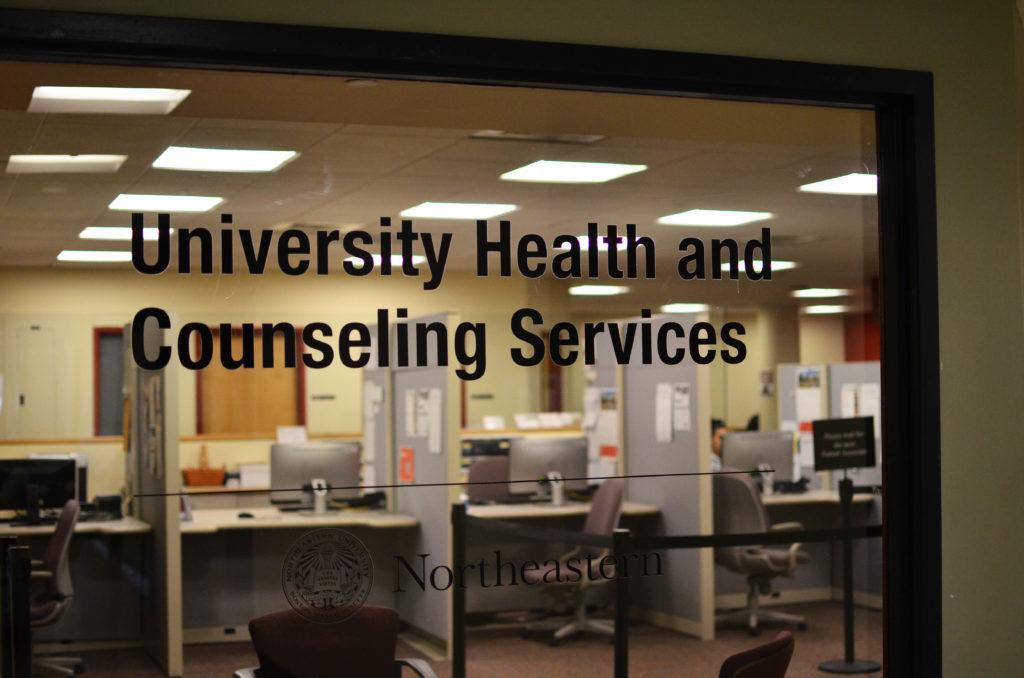Column: Northeastern must invest in its students’ health
January 23, 2020
When a Northeastern student gets sick, it’s likely that one of the first things they will do is visit University Health and Counseling Services, or UHCS. That’s exactly what two of my friends did during one of the cold/flu outbreaks last October. First-years Elena Plumb and Madison Xagoraris both called ahead to see if they could make an appointment, only to find the earliest available appointments were a week away.
Walk-in it was, then. They went in with different symptoms, but both had similar experiences. Aside from the 45-minute wait, the receptionists rudely inquired about their medical histories and insurance information, and stony-faced clinicians spent little more than five minutes assessing their conditions before hastily prescribing medication and ushering them out the door.
Because of their negative experiences, both of these students said they had no intention of returning to UHCS if they became ill again. Indeed, they have gotten sick at least once since their UHCS visit, but decided the best course of action was to stay in bed and tough it out with over-the-counter medication.
Here were two college students who decided getting medical help at UHCS was not worth the experience. They took the potential risk of staying sick longer and increasing the likelihood of contaminating other students.
This worries me. Inadequate health services can have major ramifications on university students if serious, virulent diseases appear on campus. Students deciding to “tough out” something that turns out to be more dangerous than a cold or the flu run the risk of spreading it further. This concern is not unfounded. Just last week a Northeastern student was diagnosed with measles.
College campuses are ground zero for deadly pathogens like meningococcus. According to the Center for Disease Control, college students are six times more likely to contract meningitis than the overall United States populace. Princeton University, University of Oregon and Providence College have some of the most recent outbreaks.
Northeastern should improve UHCS’s services by expanding their medical staff to help with wait times and alleviate pressure off existing staff. According to their website, UHCS currently employs roughly 10 medical clinicians for 17,506 NU undergraduates, or about one for every 1,750 students.
This ratio falls far short of the standards laid out by The National Association of School Nurses, which encourages educational institutions to have one school nurse for every 750 students. This poor ratio is part of the reason why UHCS is not accredited with the International Association of Counseling Services. Northeastern students deserve better, especially considering the hefty $1999 bill many students pay for the University Student Health Plan.
Furthermore, mental health services at UHCS are notoriously deficient. The Huntington News has covered numerous instances of students speaking out against the lack of resources for mental health on campus. In addressing long-term mental care, UHCS only offers referrals for outside treatment, putting the burden of coordinating actual sessions with mental healthcare providers on the students themselves.
Students pay exorbitant amounts of money to attend Northeastern. It would be nice to see this wealth reinvested in something as fundamental as our health.







